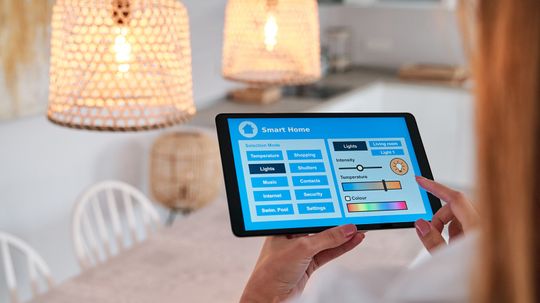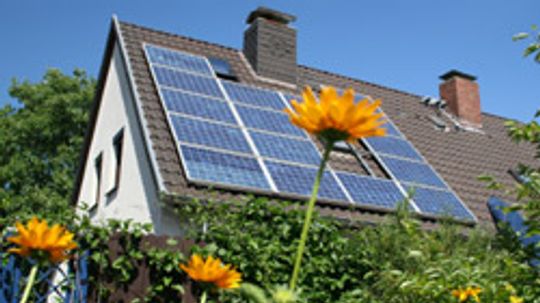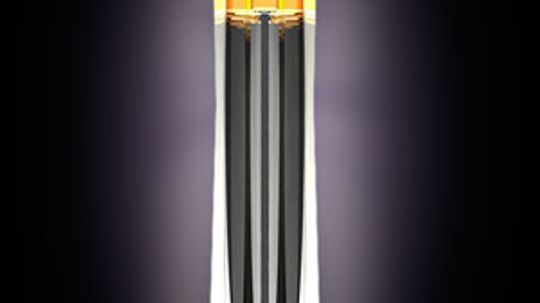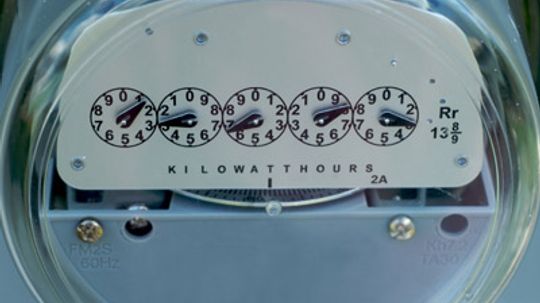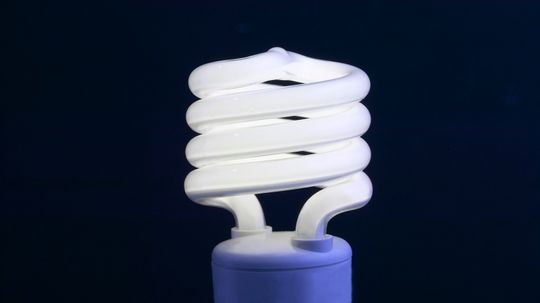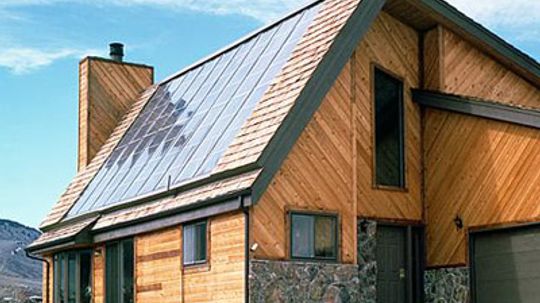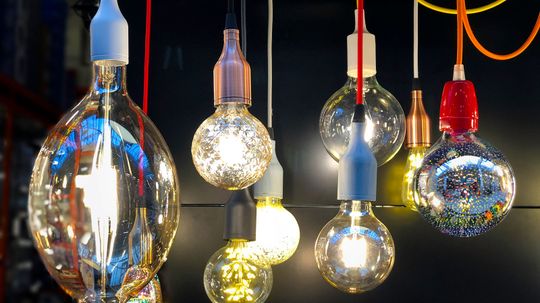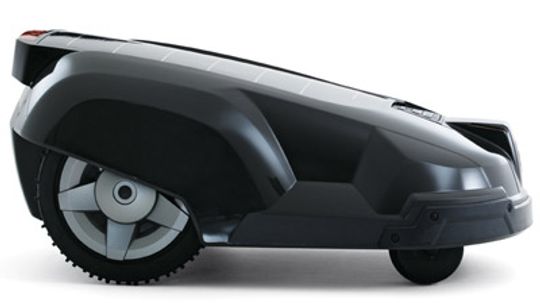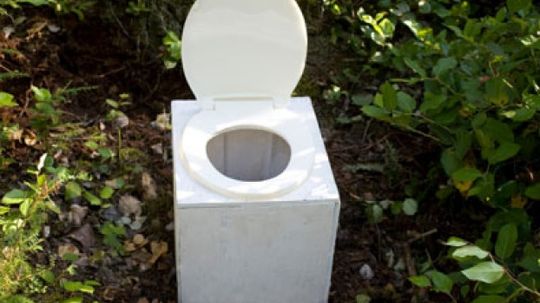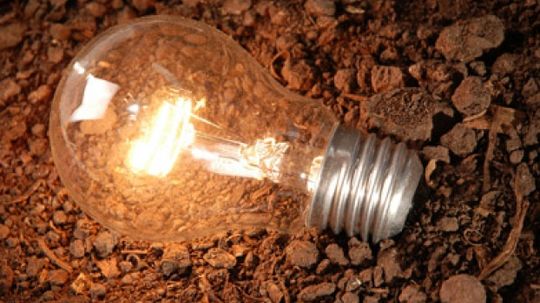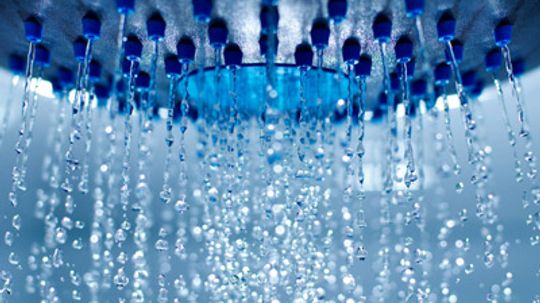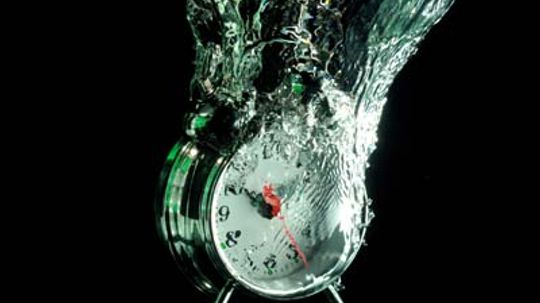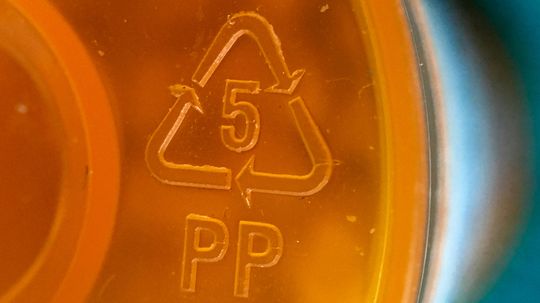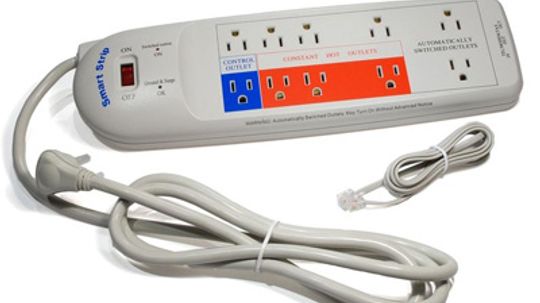Sustainable Technologies at Home
Sustainable technologies at home allow individuals to live their lives without producing unnecessary waste and pollution. They may cost a bit more up-front, but will help the Earth and save you money in the long run.
Learn More
Sure, your hair dryer or toaster sucks up a lot of kilowatt-hours during the short time it's on, but what are the truly big drains on your home energy budget?
By Julia Layton & Sascha Bos
While rebates and tax credits have put solar power within reach for many homeowners, it's still an expensive undertaking. How do you make sure you get your money's worth?
By Julia Layton
Energy efficiency is starting to rank right up there with speed and power in terms of desirable attributes for a computer. What are five of the most energy-efficient computers on the market?
Advertisement
Alternative energy usually means something is mined, refined, collected or grown. But gravity-powered floor lamps rely only on a force of nature -- and the strength of a human being.
By Julia Layton
How much energy does your TV use when it's plugged in all night? How much power is your stereo system draining from the socket monthly? The Kill A Watt and other energy monitors help you find out.
By Julia Layton
As the symbol of innovation, the incandescent light bulb is not very innovative. Luckily, there's a new type of light bulb -- a greener one -- that stands poised to replace Edison's most famous invention as the icon of ideation.
By William Harris & Sascha Bos
If you've ever used a solar-powered calculator, you've experienced the power of thin-film solar cells. But can spray-on solar panels take that technology one step further?
Advertisement
When you get that gas or electric bill at the end of the month, you may swear off long, hot showers. But if your resolution always seems to cool after a few days, you might be a good candidate for a solar water heater.
By Julia Layton
Imagine finishing off a nice cup of morning coffee and then, instead of throwing the grounds into the trash, pouring them into a cartridge where they become printer ink.
LED light bulbs have taken over the market. But what are their pros and cons?
Ever wish the lawn would just mow itself? Well, the Husqvarna Automower is about as close as you'll get to that dream -- with the added bonus of using the sun for power.
Advertisement
From toothbrushes to iPhones, we fill our lives with a seemingly unending string of gizmos -- all of which depend on electricity to give us what we need to make it through the day. What if you could generate that power?
By Robert Lamb
The world flushes up to 20 percent of its drinking water down various drains. That's a lot of water going to waste. Waterless toilets could squelch the squandering.
Did you ever make a potato clock as a kid? If so, you already understand the basic principles that make a soil lamp work.
By Julia Layton
A 10-minute shower can seem like nothing on a cold, sleepy morning, but it might cost you 50 gallons of water (or more). Is there a way to limit the volume of water you use?
By Julia Layton
Advertisement
We live in a universe of clocks. The technology may not sound as dependable as your cell phone alarm clock, but humans have turned to water-powered clocks for more than three and a half millennia.
By Robert Lamb
There are seven different numbers you might see on a plastic container. And each number has its own meaning.
If you turn off the lights in your computer room, you'll probably see the glowing eyes of vampire electronics peering back at you. A smart power strip can help you cut down on how much energy they waste.
